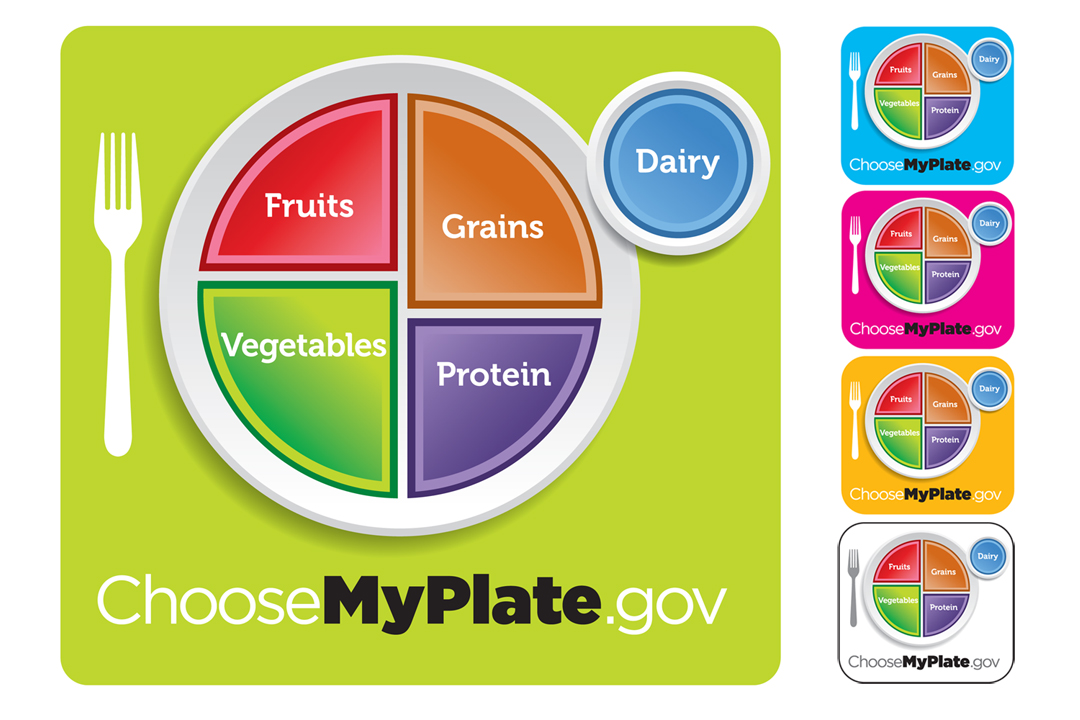The Importance of Nutritional Guidelines
Eating a well-balanced diet is essential for maintaining good health and preventing chronic diseases. Nutritional guidelines provide valuable information on the types and amounts of food that should be consumed to meet our body’s nutritional needs. These guidelines are developed by health organizations and experts to promote optimal health and well-being.
Eat a Variety of Nutrient-Dense Foods
One of the key recommendations in nutritional guidelines is to eat a variety of nutrient-dense foods. This means including foods from all food groups, such as fruits, vegetables, whole grains, lean proteins, and healthy fats. Nutrient-dense foods provide essential vitamins, minerals, and other beneficial compounds that support overall health.
Limit Added Sugars and Saturated Fats
Another important aspect of nutritional guidelines is to limit the consumption of added sugars and saturated fats. These are commonly found in processed foods, sugary drinks, and fried foods. Excessive intake of added sugars and saturated fats has been linked to an increased risk of obesity, heart disease, and other chronic conditions. Instead, opt for healthier alternatives like natural sugars from fruits and unsaturated fats found in nuts, seeds, and avocados.
Portion Control and Mindful Eating
Portion control is another key principle emphasized in nutritional guidelines. It is important to be mindful of portion sizes to avoid overeating and maintain a healthy weight. Paying attention to hunger and fullness cues can help prevent unnecessary calorie consumption.
Stay Hydrated
Staying hydrated is often overlooked but is vital for overall health. Water is essential for various bodily functions, including digestion, nutrient absorption, and temperature regulation. Drink an adequate amount of water throughout the day and limit the consumption of sugary beverages.
Adapt Guidelines to Personal Needs
While nutritional guidelines provide general recommendations, it is important to adapt them to individual needs and preferences. Factors such as age, gender, activity level, and specific health conditions may require certain modifications. Consulting with a registered dietitian or healthcare professional can help tailor the guidelines to meet personal nutritional requirements.
Conclusion
Following nutritional guidelines is crucial for achieving and maintaining good health. By incorporating a variety of nutrient-dense foods, limiting added sugars and saturated fats, practicing portion control, staying hydrated, and adapting the guidelines to individual needs, one can make informed choices about their diet and promote overall well-being.
